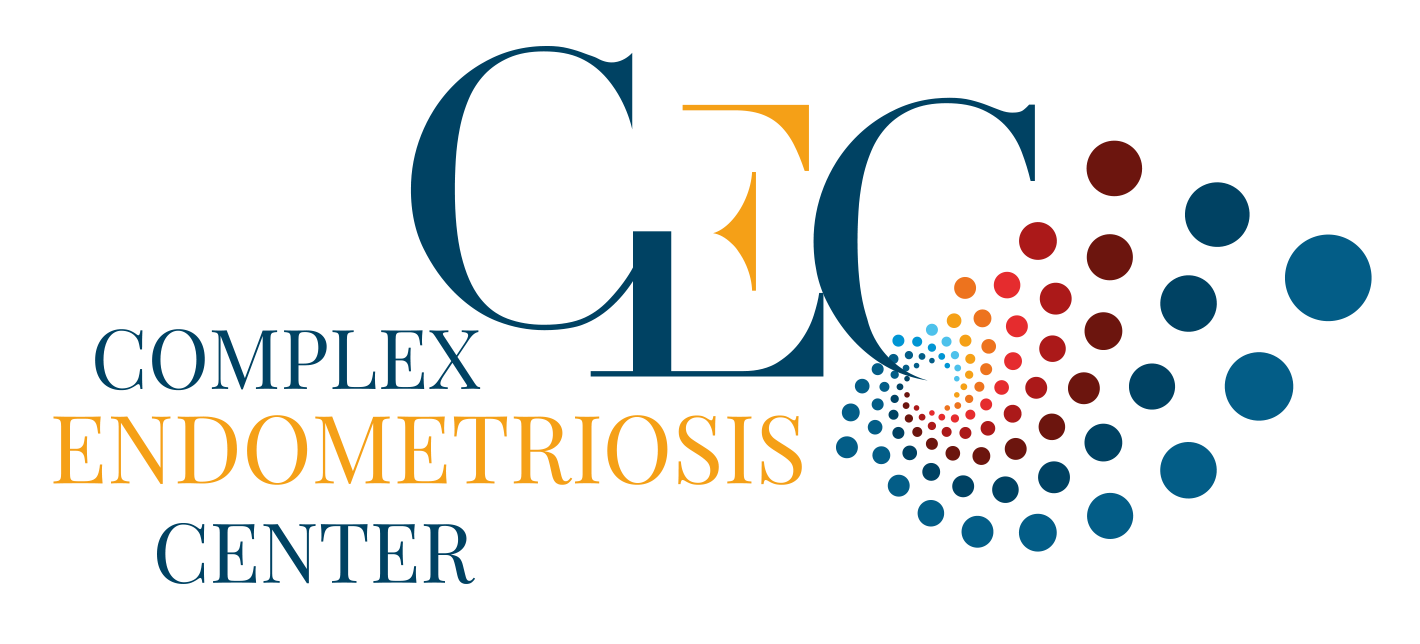Deep endometriosis surgery

BE AGGRESSIVE WITH THE DISEASE, NOT WITH THE PELVIC ORGANS!
Among the various types of endometriotic pathology, deep endometriosis is considered one of the most complex to manage, along withovarian endometriosis, both because of the way the disease invades and because of the multiple organs it can affect in the pelvic region.
Why choose CEC for surgical treatment of deep endometriosis?
The Complex Endometriosis Center firmly believes in the need to be as conservative as possible, as radical or even ultra-radical surgery is often associated with irreversible consequences in terms of organ function.
Indeed, while excision of the disease is associated with a significant improvement in quality of life, this excision must not be to the detriment of the proper functioning of pelvic organs such as the bladder, rectum, vagina, uterus, fallopian tubes or ovaries. Surgical treatment must absolutely take into account the preservation of procreative functions in women with deep pelvic endometriosis.
In addition to recognized expertise in the medical and surgical treatment of deep endometriosisbut also ovarian endometriosis, internal endometriosis and peritoneal endometriosis, the CEC is the one and only center in France to master the technique of coeloscopic CO2 laser surgery. This non-invasive surgical technique limits the impact on fertility.
What are the different types of deep endometriosis?
Deep endometriosis is a gynecological and obstetric condition characterized by the infiltration of endometriotic lesions more than 5 millimeters below the peritoneal surface. This pathology can affect various organs and cause incapacitating pelvic pain.
Deep endometriosis can take several forms:
- L'digestive endometriosis which affects the rectum, sigmoid, small intestine or colon. The effects of this form of endometriosis include abdominal pain, intestinal transit disorders (constipation, diarrhea...) and sometimes even digestive bleeding.
- L'urinary endometriosis affects the bladder, ureters and, more rarely, the kidneys. It causes pain when urinating, frequent urination and the presence of blood in the urine.
Asdeep endometriosis is multifocal, several of these conditions may coexist in the same patient, making diagnosis and management more complex. CEC specialists are able to interact with each other during the same surgical procedure, optimizing their skills for the patient's benefit. The CEC is the only center to offer conservative surgery for multifocal deep digestive endometriosis lesions: the rectal lesion is excised using the shaving technique, and the sigmoid lesion(s) are excised via a short segmental resection, thus considerably limiting the risk of digestive complications such as rectovaginal fistula, temporary stoma and intermittent self-catheterization.
The multidisciplinary, humane and holistic approach of the Complex Endometriosis Center is essential for adapting treatments according to the location and severity of lesions.
Being aggressive with the disease, preserving the pelvic organs and allowing women with endometriosis to hope for a better quality of life and to regain faith in procreation - this is the raison d'être of the Complex Endometriosis Center.
